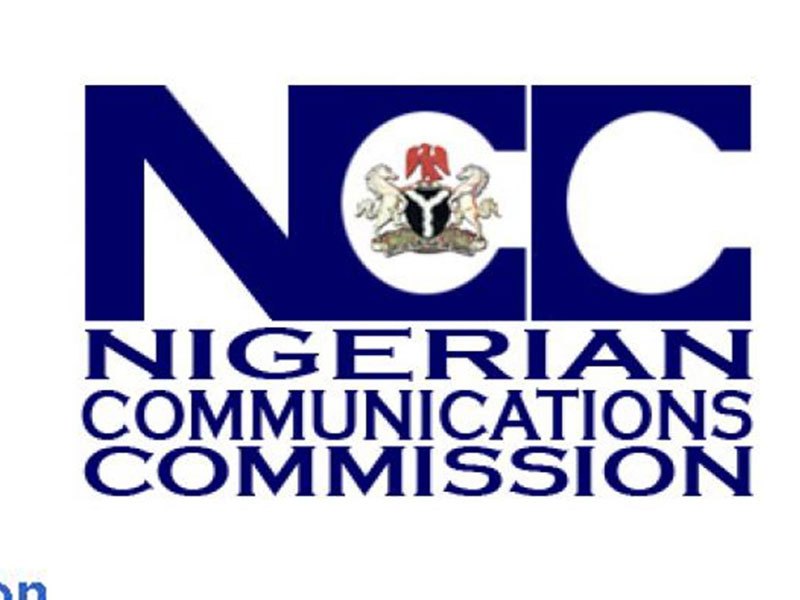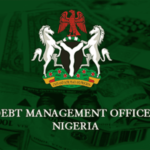
By Chioma Obinagwam
Nigeria’s apex monitoring authority, the Central Bank of Nigeria (CBN) in a bid to ensure cheaper Unstructured Supplementary Service Data (USSD) pricing for financial transactions in addition to enhancing financial inclusion in the country, has introduced a flat rate of N6.98 for USSD services.
CBN informed Confiance News in a statement on Tuesday.
“Effective March 16, 2021, USSD services for financial transactions conducted at DMBs (Deposit Money Banks) and all CBN-licensed institutions will be charged at a flat fee of N6.98 per transaction. This replaces the current per session billing structure, ensuring a much cheaper average cost for customers to enhance financial inclusion. This approach is transparent and will ensure the amount remains the same, regardless of the number of sessions per transaction,” the apex bank disclosed.
USSD is a communication service controlled by Mobile Network Operators (MNOs), which allows users without a smartphone or data/internet connection to use mobile banking through the a code. USSD-based mobile banking can be used for fund transfers, checking account balance, generating bank statement, among other uses.
According to the statement the new fee is an outcome of the meeting between the CBN, Nigerian Communications Commission (NCC), Deposit Money Banks (DMBs) and MNOs over a protracted dispute concerning appropriate pricing for the USSD pricing model for financial services which resulted in accumulated debt and potential withdrawal of USSD services by MNOs.
Confiance News further gathered that another reason for fixing a uniform price for USSD is to encourage transparency in the system.
CBN stated,” The new USSD charges will collected from MNOs directly from customers’ bank accounts. Banks shall not impose additional charges on customers for use of the USSD channel.”
On the issue of the debt incurred by MNOs for the USSD services rendered, the CBN noted that a payment plan is being worked out by all parties at the meeting to ensure that the matter is resolved.
The apex bank added that subsequently, MNOs and DMOs will agree on the new USSD Pricing Framework and the sharing of Application Programme Interface (API) to ensure seamless, direct and transparent customer billing.
Although the parties at the meeting were able to reach a compromise, DMBs and MNOs will continue to engage further on strategies to lower cost and enhance accessibility to financial services.
The apex bank assured based on the agreement reached at the meeting DMBs will not be disconnected from the USSD channel.
Confiance News, however, learnt that prior to the introduction of the new USSD charge, banks charge as much as N50 per bank transaction.








Leave a comment